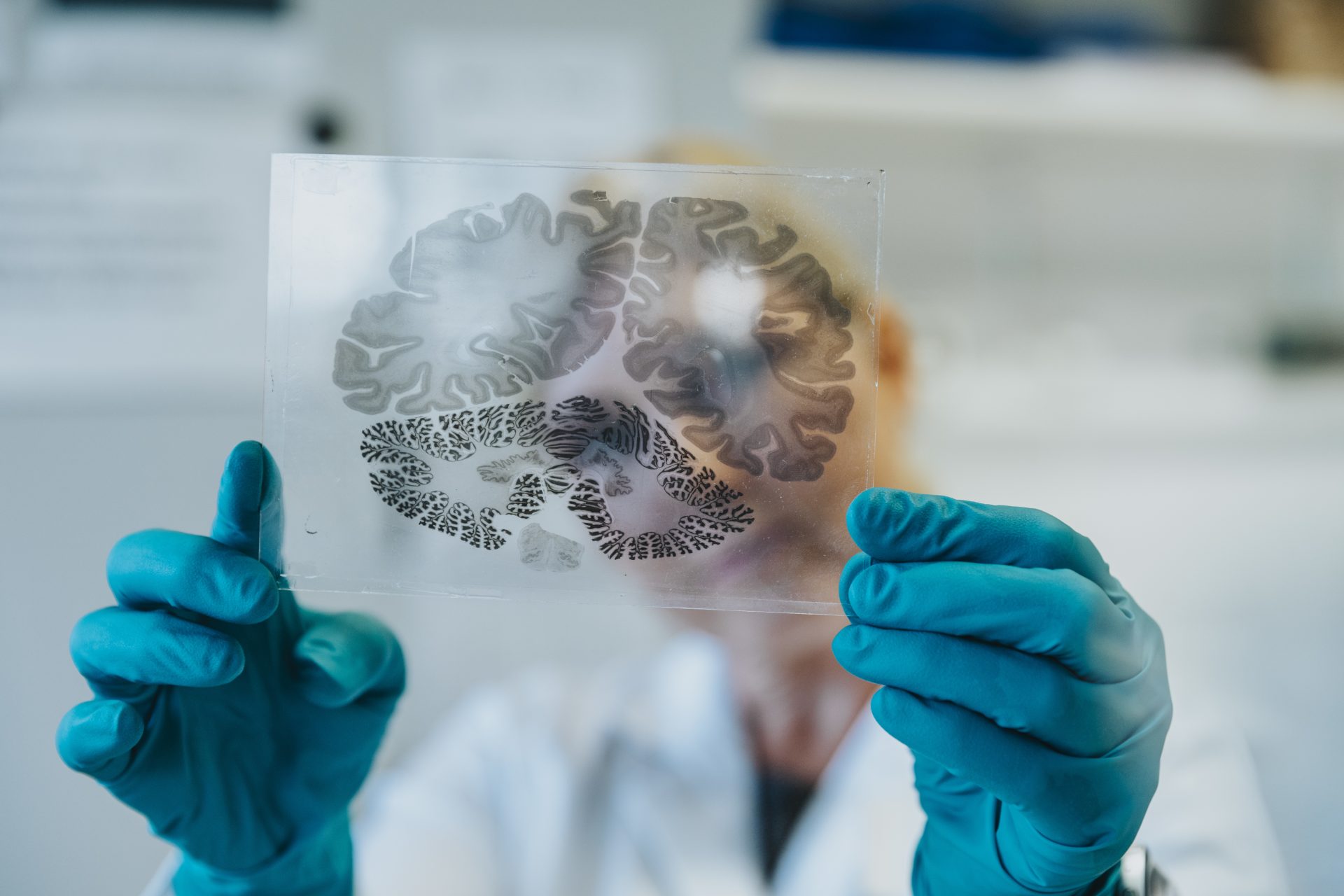Study shows that the brain drastically changes after turning 40
It’s no secret that, after a certain age, your brain is not what it used to be. You become slower, feel overwhelmed more easily, and younger generations seem to exist in a whole different wavelength.
Well, it’s not just you. A study from Monash University in Australia shows that your brain actually rewires once you hit the fourth decade of your life.
Image: nipyata Unsplash
According to Big Think, The Monash University team went through 144 studies, probing the brains of tenths of thousands of test subjects to come to their results.
The ability of our brains to rewire, make connections, and acquire new knowledge is known as neuroplasticity and changes a lot throughout our lives.
When we’re growing up, our brains have a high level of inner connectivity, making it easier to learn new things and much faster.
This makes sense, given this is the time when we learn language, motor skills, and abilities that help us throughout our lives.
Although neuroplasticity is something we have for our entire lifetime, once you hit 40 the brain begins to lose it.
Image: christnerfurt / Unsplash
Nonetheless, even if you lose a few neurons along the way, it’s not all an inevitable decline. BBC Science Focus explains that, instead, our brains go through a “great restructuring”.
In other words, our brain’s structure changes to have diverse networks become more integrated and connected in order to deal with aging. Some have compared it to the scaffolding that keeps a building in place.
Another theory posited from the researchers at Monash University, Big Think highlights, is that we process food differently when we get older, not getting all the nutrients it used to.
However, this rewiring might cause the adverse effect of less flexible thinking, lower response inhibition, and reduced verbal and numeric reasoning.
BBC Science Focus, on the other hand, remarks that this restructuring is fairly gradual, and not an overnight change on your 40th birthday.
In fact, experts are unsure how this “great restructuring” affects our cognition, or even if it affects it at all.
What is true is that there are a few things you can do in order to slow down how your brain is aging. After all, we don't all get old at the same pace!
According to Big Think, proper diet, regular exercise, and a healthy lifestyle can put on hold the rewiring process for quite a long time.
What is true is that any age is good to start taking care of your body and your mind. After all, they are going to be with you for the rest of your life!
Image: surface / Unsplash
More for you
Top Stories





























